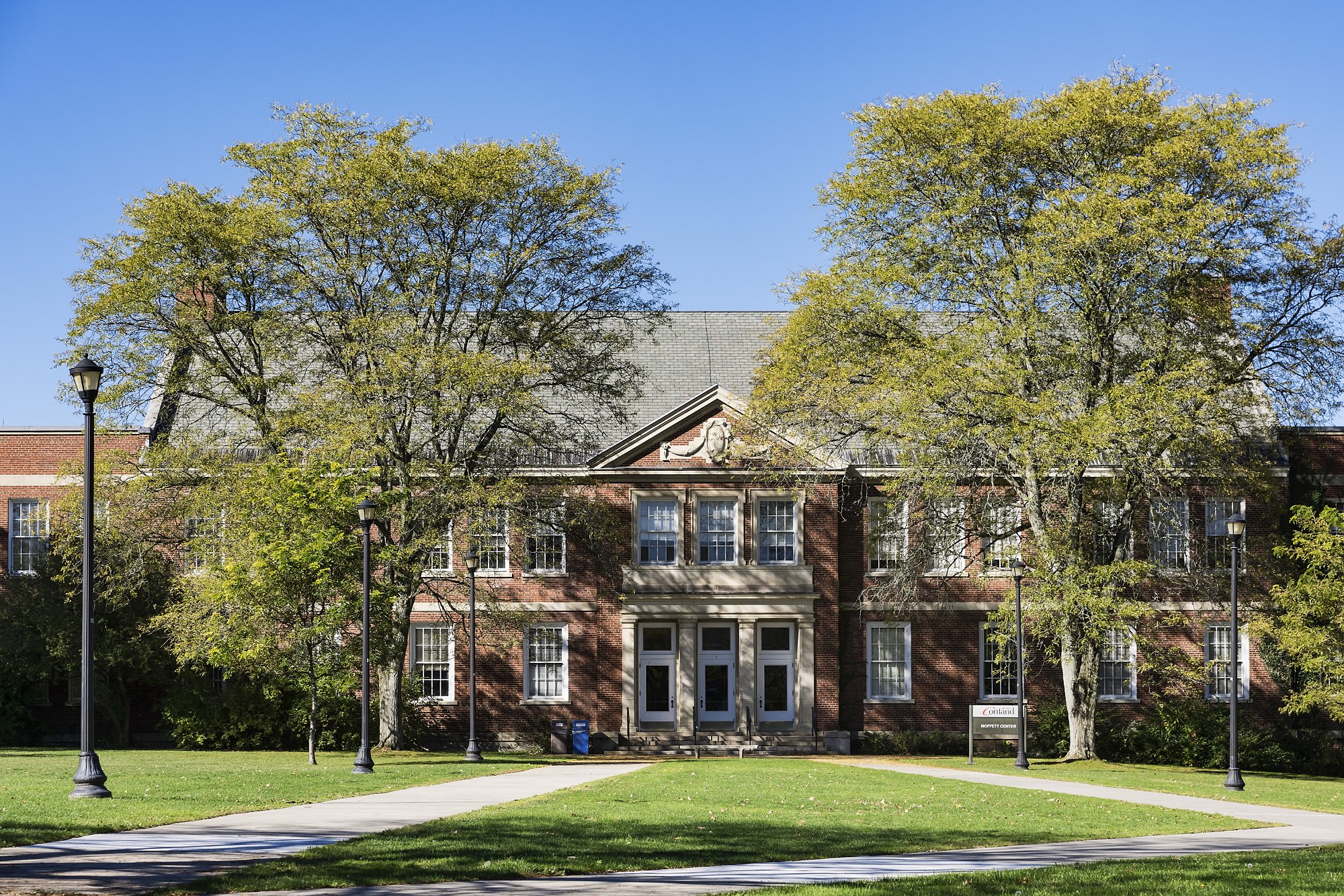For some college-bound students, free tuition programs are the only way to make higher education a reality. Now one of the bigger offers is in jeopardy, just when students need it the most.
According to the New York State Higher Education Services Corporation, which runs the state’s Excelsior Scholarship, the coronavirus pandemic caused a dramatic reduction in state revenues and, as a result, the processing of new applications has been delayed since April.
In 2017, the Excelsior Scholarship made headlines when it became the first in the nation to cover four years of tuition without being tethered to academic performance.
More from Personal Finance:
Here’s how to get more financial aid for college
Tuition refund deadline looms at many colleges
Pandemic sends young adults back to mom and dad
Other so-called promise programs typically offer college students two years of free tuition at participating state community colleges or other associate-degree programs and vocational schools.
“These may be promises made, promises not kept,” said Kalman Chany, a financial aid consultant and author of the Princeton Review’s “Paying for College.”
New York said more than 940,000 middle-class families and individuals making up to $125,000 per year could qualify when the program completed its three-year phase-in this year. New York’s program applies to all schools at the City University of New York and State University of New York.
New York State is still giving financial awards to eligible students for the fall 2020 term, Angela Liotta, a spokeswoman for New York State Higher Education Services Corporation, said in an email.
However, “the state is contending with a devastating revenue loss, amounting to $62 billion over four years,” she said, “and in the absence of multi-year federal funding to offset this loss, future awards, including the Excelsior Scholarship award, which helps middle-class students with the last mile of college funding and is estimated to have served more than 28,000 students in the 2019-20 academic year, may have to be reduced and/or prioritized for current recipients.”
Meanwhile, college costs are skyrocketing. Tuition and fees plus room and board for a four-year private college averaged $49,870 in the 2019-20 school year; at four-year, in-state public colleges, it was $21,950, according to the College Board.
Nearly 70% of families are worried about how they will cover the cost, according to a report released in June by Discover Student Loans, and more than half now say their higher education plans have changed due to Covid-19.
“The level of funding the federal government sends to states will ultimately determine the size of the New York State budget and the level of funding available for financial aid programs,” Liotta said.
Most promise programs, like the Excelsior Scholarship, are what’s known as “last dollar” scholarships, meaning the program pays for whatever tuition is left after financial aid and grants.
“Last-dollar” programs require less investment up front, but are vulnerable to sudden declines in revenue going forward.
